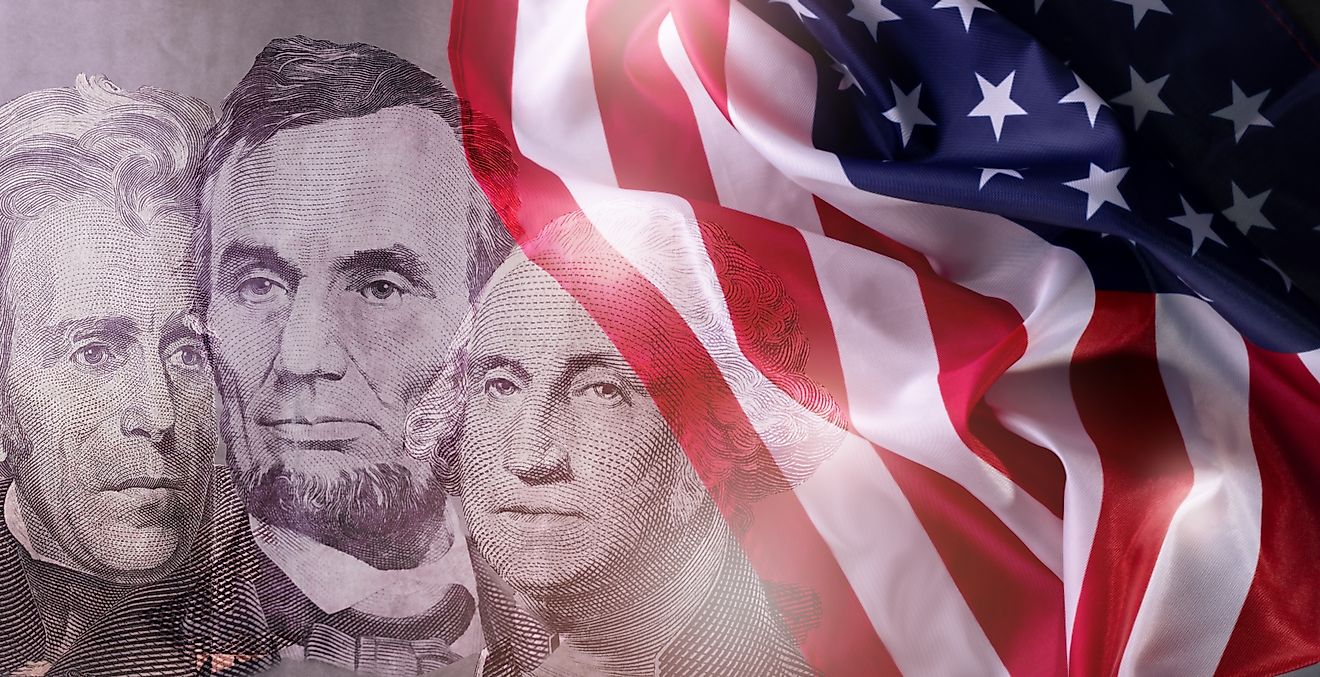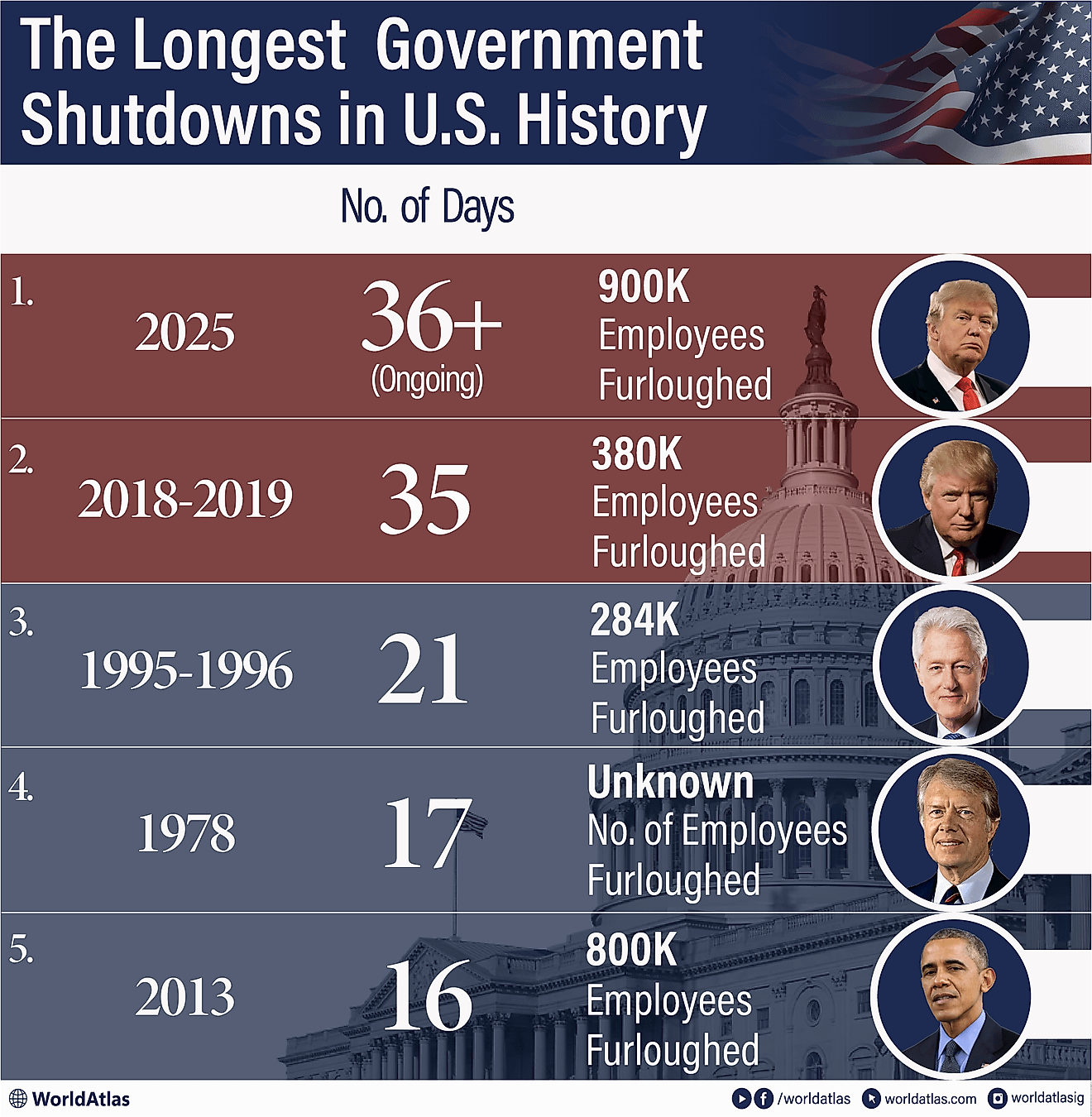Could There Be Another American Civil War?
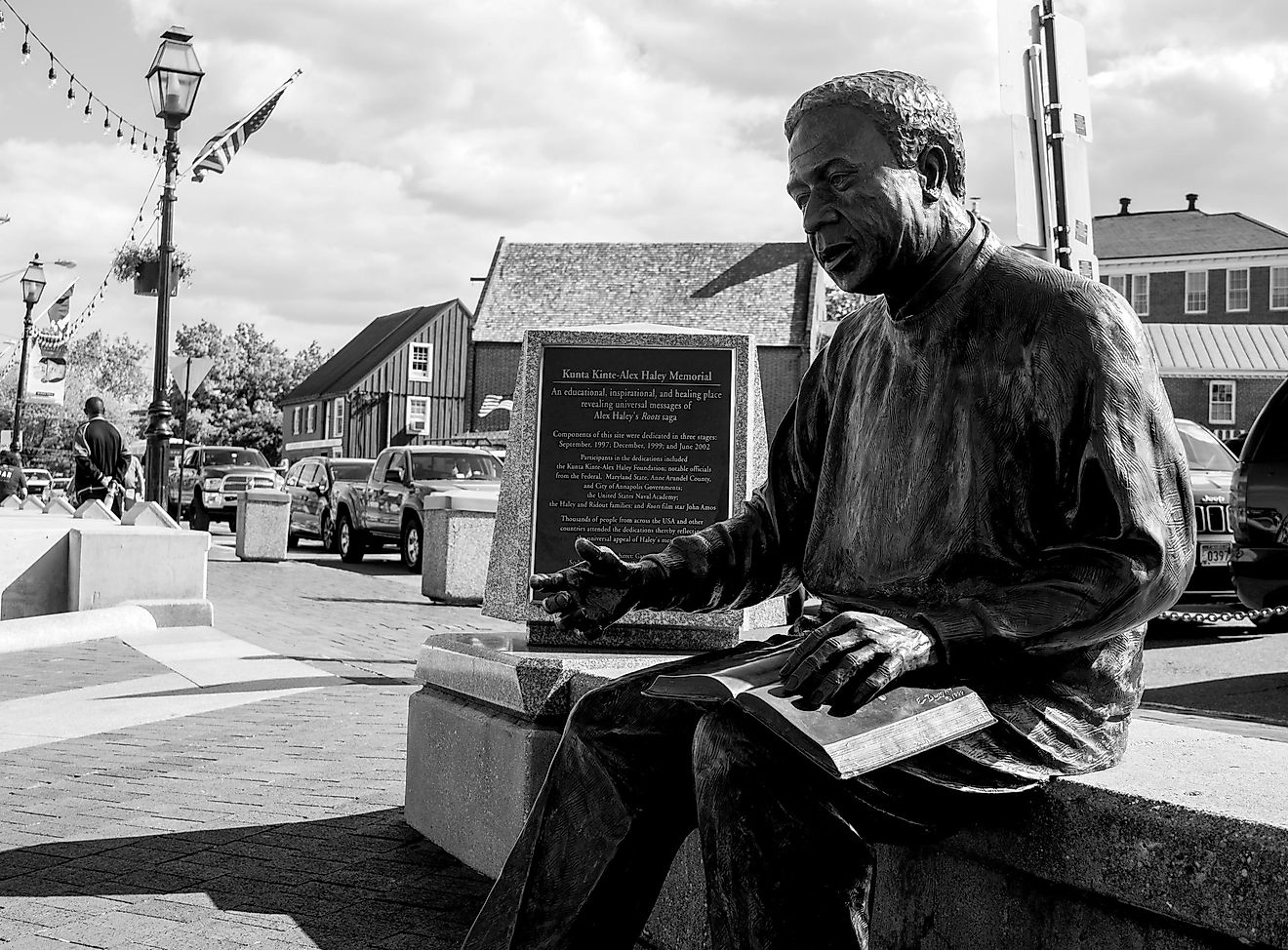
- Donald Trump’s first presidential term was racked with scandals, allegations, and discord in both parties.
- It is more than 150 years since the American Civil War ended
- Political commentators have been criticizing the administration ever since Trump and Pence were elected in 2016.
- 2020 Democratic presidential candidate Joe Biden has been the focus of a recent sex scandal.
As the 59th presidential election approaches, America’s political climate seems more deeply divided than ever before. Donald Trump’s first presidential term was racked with scandals, allegations, and discord in both parties. With the 2020 coronavirus pandemic compounding the administration’s reputation problems and the right and left pointing fingers, some are wondering if there could be another American Civil War approaching.
It is more than 150 years since the American Civil War ended, and it seems like the nation is again divided. Trump himself once called it “a poisonous political climate.” Is this just another troubled time, or could darker times be ahead?
A Quick History Lesson
The U.S. Civil War started in April of 1861, following decades of tensions between northern and southern states. The main issues were westward expansion, states’ rights, and slavery. When Abraham Lincoln was elected in 1860, eleven southern states seceded, forming the Confederate States of America. They battled the 23 remaining states in the Union, and it was the deadliest, costliest war ever fought in America. Over 600,000 soldiers were killed, and millions of soldiers were injured. The war ended with a Union victory on April 9, 1865.
Talk of Civil War
American politicians frequently refer to the Civil War, although much of it is rhetoric. When George W. Bush was reelected in 2004, the historian Simon Schama said, “Not since the Civil War has the fault line between its two halves been so glaringly clear.” In 2009, Texas Governor Rick Perry claimed that Texas had the legal right to secede if it wanted to (Perry denied saying this afterward). Then in 2013, Democratic Senator Tom Harkin commented that the Tea Party’s actions were leading to a situation “every bit as dangerous as the breakup of the Union before the Civil War.”
Stirring the Pot on Both Sides
Political commentators have been criticizing the administration ever since Trump and Pence were elected in 2016. Trump is a historically unpopular president, widely criticized for his actions. On December 18, 2019, the House of Representatives voted to impeach him for abuse of power and obstruction of Congress. On February 5, Trump was acquitted on the charges. As the COVID-19 pandemic spread, the 2020 election was put on the back burner for a while but is returning to the forefront of the news.
2020 Democratic presidential candidate Joe Biden has been the focus of a recent sex scandal. A former aide has accused him of sexually assaulting her thirty years ago when he was a US senator. Biden has denied the allegations, but this story could develop further. The Democratic party feels that Biden is their best shot for defeating Trump, and once the campaign heats up it could lead to more mudslinging and deeper party divisions.
Opinions
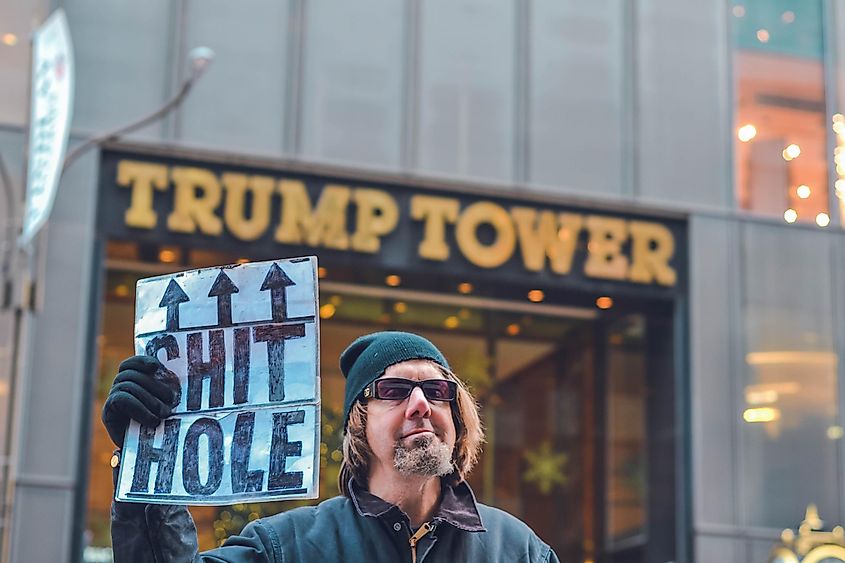
A Georgetown University poll revealed that more than 65% of Americans surveyed felt that the country was close to a civil war. Democrats feel that Trump’s actions are all designed to benefit himself and “wealth special interests.” Republicans counter this by claiming that the media and Democratic political leaders have caused all the problems.
Charlie Wetzel of the New York Times defined the country’s temperament in a 2019 article. He claimed that the “right-wing media” was trying to instill fear of a civil war in conservatives and liberals. Some conservatives feel that Democrats “will stop at nothing to get rid of Mr. Trump,” and liberals believe that ‘churchgoing, gun-loving” conservatives should not be pushed too far because there could be “dangerous consequences.”
1860 vs. 2020
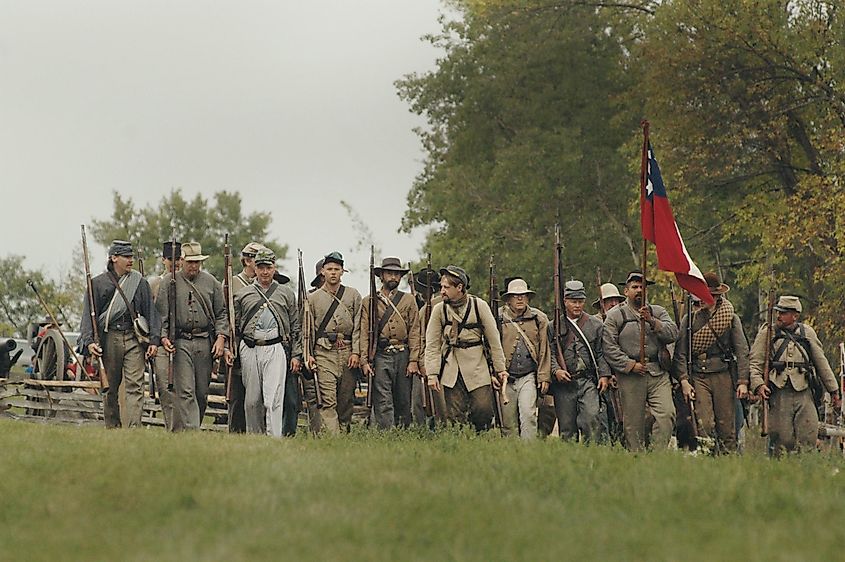
Although the U.S. is deeply divided politically with little common ground, analysts do not believe that this will lead to an all-out civil war. First, there are no regional lines dividing up the country (north vs. south) like there were 150 years ago. Political demographics vary greatly within states. Second, back in the 1860s, the central issue of the Civil War was slavery. For the Confederacy, this institution was tied to their way of life and worth defending to the death. There are no issues like this today, although the right and left’s current animosity for one another is unquestionable. For the vast majority of people living in the United States though, a violent, armed revolt between citizens will never occur again in the country.
